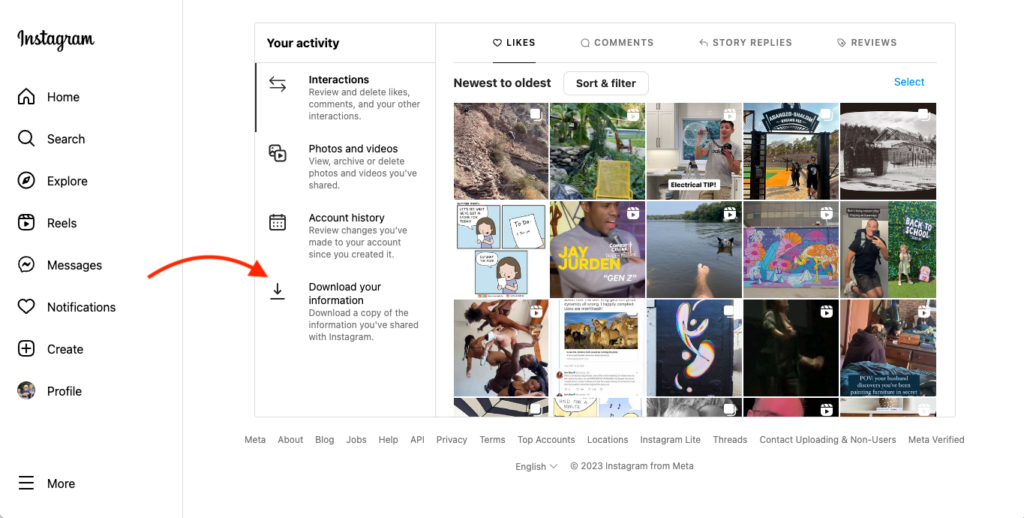Now Reading: The Cost of Curiosity in History
-
01
The Cost of Curiosity in History
The Cost of Curiosity in History

Curiosity has often been the spark for human progress, but it has also carried heavy costs. Throughout history, the desire to explore, experiment, and uncover the unknown has led to breakthroughs that changed the world. At the same time, it has caused mistakes, risks, and sacrifices that remind us curiosity is not always free. Every civilization has paid a price for questions that pushed boundaries too far or too soon.
Curiosity in science and exploration has brought both triumph and tragedy. The race to discover new medicines, for example, saved countless lives but often involved dangerous trials. Explorers who set out to find new lands opened trade routes and cultures but also faced shipwrecks, disease, and conflicts. In Tier 2 cities of India today, the same pattern is visible on a smaller scale—people trying new businesses or technologies often succeed, but failures and financial losses are part of the journey.
At times, curiosity has challenged authority and sparked conflict. Great thinkers who questioned traditions or rulers often faced punishment. Their ideas paved the way for reforms but cost them personal safety and peace. Even now, curiosity in questioning social norms in smaller towns can bring resistance. While such questioning eventually benefits society, the immediate price is often tension, criticism, or isolation.
Curiosity has also come with environmental and cultural costs. The desire to dig deeper into nature led to industrial growth but also damaged ecosystems. Curiosity about lifestyles in different cultures has created exchanges but sometimes erased traditions. These examples show that curiosity, while powerful, can change the balance of life in ways that are not always positive.
In the end, the cost of curiosity in history is a reminder that progress is never one-sided. Curiosity drives humanity forward but demands risks and sacrifices along the way. The challenge for individuals and societies is not to stop being curious but to channel it wisely, ensuring that the price paid does not outweigh the value gained.

























